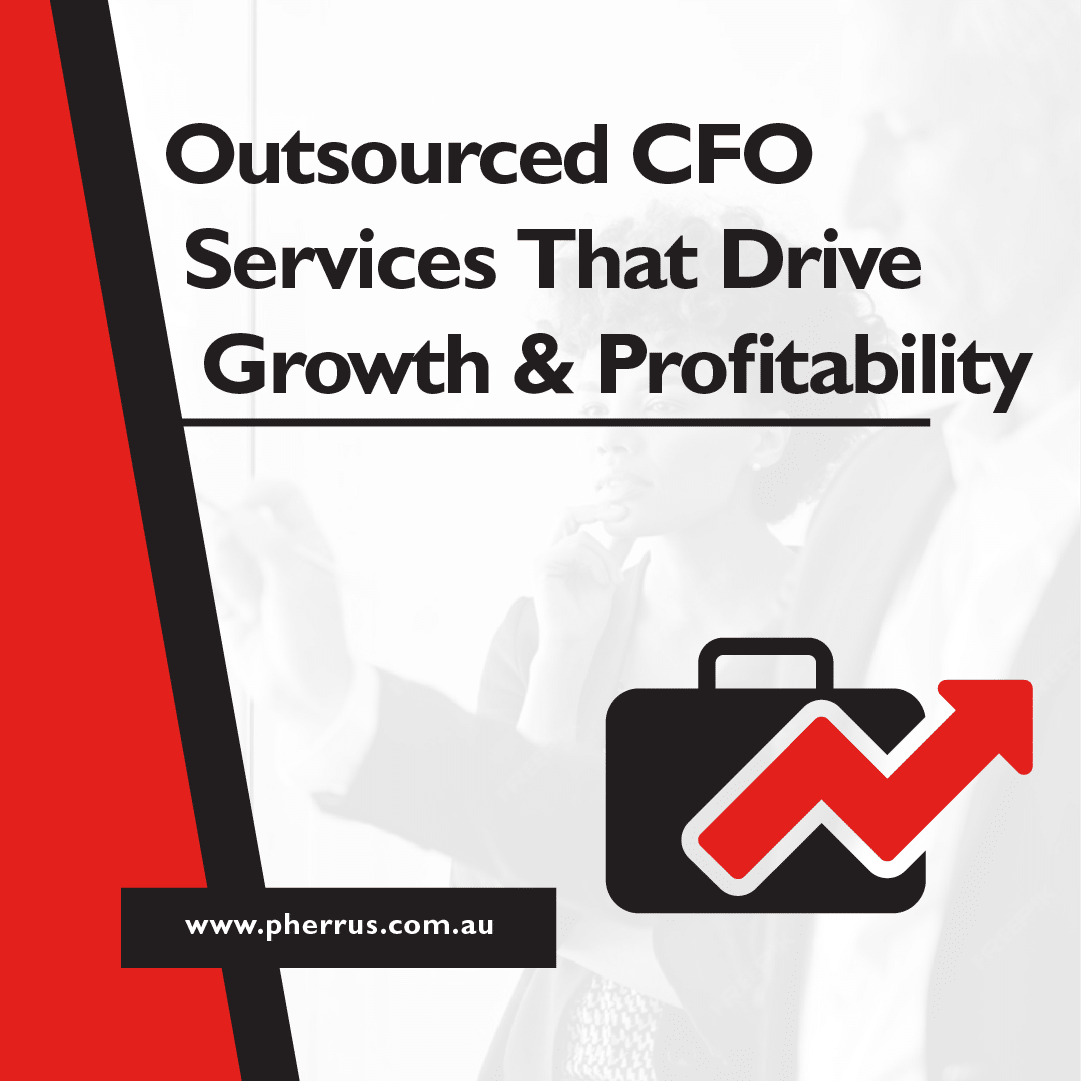In response to the damage which businesses have suffered due to the effects of the Covid-19 pandemic, the government has introduced a suite of measures designed to provide an economic stimulus, promoting growth and recovery. One of these measures related to a temporary increase in the instant asset tax write-off value. Intended to enable businesses to invest swiftly in machinery, plant and other essential assets quickly, through minimising their tax burden, it was originally intended to run until 30th June 2020. A recent announcement from the government indicates that the instant asset tax write-off concession has now been extended until 31st December 2020. Here we summarise what the instant asset tax write-off changes mean for your business, as well as consider what the implications of the extended deadline might be.
Previous asset write-off amounts have now been increased
Prior to 12th March 2020, for tax purposes, eligible companies could only write-off assets costing $30,000 or less. Any asset which cost $30,000 or more incurred tax, which was calculated depending on depreciation over a number of years. In addition, the $30,000 asset write-off concession was only available for smaller businesses: those which had an aggregated turnover of $50,000 or less. In response to the Covid-19 pandemic, the government announced that from 12th March 2020, different limits would apply.
New limits which have been in place since 12th March 2020
As from 12th March, the limit on value for assets which can be written off immediately for tax purposes has been raised significantly to $150,000. There are no limits on the number of assets which can be purchased and then written off, provided the value of each does not exceed the $150,000 maximum. In addition, the threshold for business eligibility has also increased significantly. Whereas previously businesses needed to have an aggregated turnover of $50,000 or less (so very small businesses), the new rules apply to businesses which have a turnover of $500,000 or less – a significant increase.
What are the benefits of an extended period for asset acquisition ?
The original cut-off of 30th June 2020 meant that it was difficult for businesses to take full advantage of the potential tax savings. With some suppliers still experiencing production and installation difficulties due to the pandemic, ensuring that appropriate assets could be purchased and in situ before the 30th June proved problematic. In addition, with such a short lead-in time, companies needed to be able to “hit the ground running” as soon as the changes were announced – a significant challenge for businesses that were trying to simultaneously survive through the pandemic. An extended deadline gives businesses much-needed breathing space, enabling planned acquisitions and the opportunity to take account of the post-pandemic landscape to inform business direction and the purchases needed to pursue that direction.
Pherrus Financial Services is an established accountancy firm here to help with all aspects of your tax planning and management. We are able to advise on how the economic stimulus rules may benefit your enterprise, as well as assist with a range of other tax concerns.




